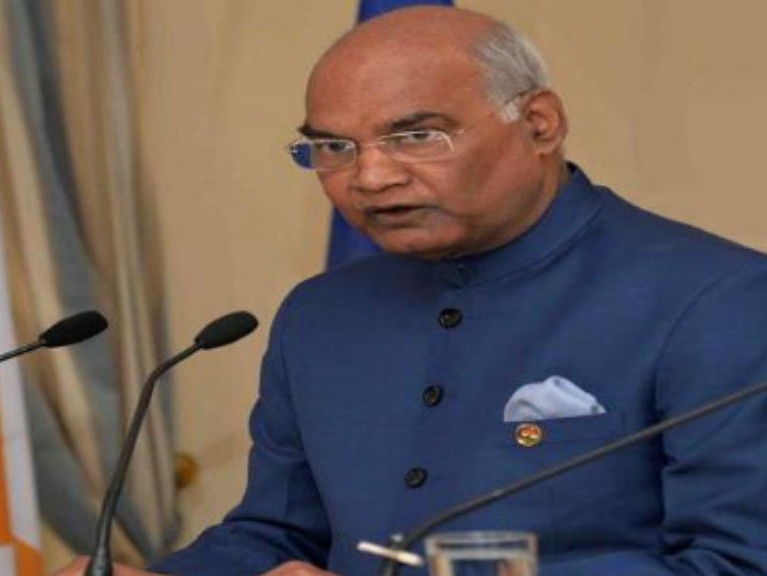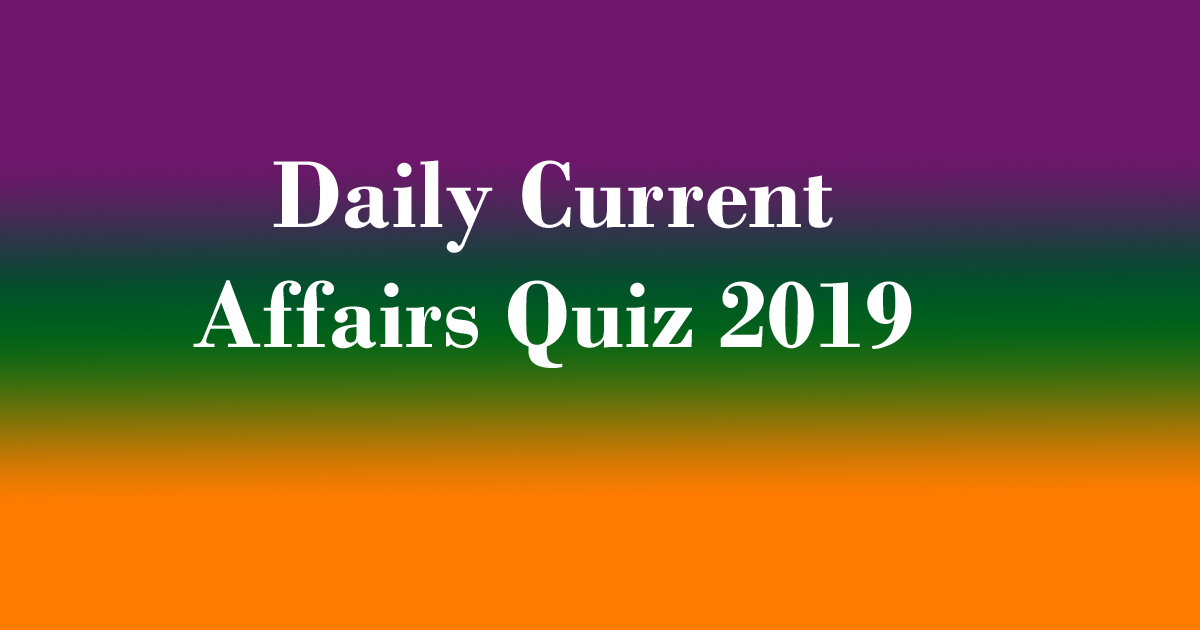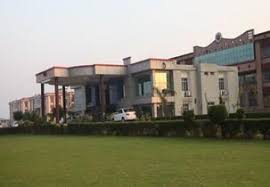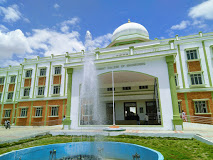
President Kovind has declared abrogation of the provisions of Article 370 of the Constitution, which gave special status to Jammu and Kashmir. The move came after both houses of Parliament passed a resolution in this regard.
Daily Current Affairs Quiz 2019
“In exercise of the powers conferred by clause (3) of Article 370 read with clause (1) of Article 370 of the Constitution of India, the President, on the recommendation of Parliament, is pleased to declare that, as from the 6th August, 2019, all clauses of the said Article 370 shall cease to be operative…,” an official notification said.
The latest move by the government gives full applicability of the Indian Consitution in Jammu and Kashmir. Earlier, only a set of limited provisions such as foreign relations, communication and defence had jurisdiction over Jammu and Kashmir.
This means the separate constitution of Jammu and Kashmir ceases to be in operation in the state. With state constitution rendered inoperative and Articles 1-2 applicable to Jammu and Kashmir, the central government got the power to redraw the map of the state.
The Union Territory of Jammu-Kashmir will have a legislature. Its new status will be comparable with that of Delhi and Puducherry, only two other Union Territories to have legislatures of their own. The Governor of Jammu and Kashmir will now become Lieutenant Governor.
Ladakh will have a separate identity as Union Territory much like five other centrally administered areas which don’t have separate legislatures of their own. Its status will be comparable with that of Lakshadweep, Andaman and Nicobar Islands, Chandigarh and others.





